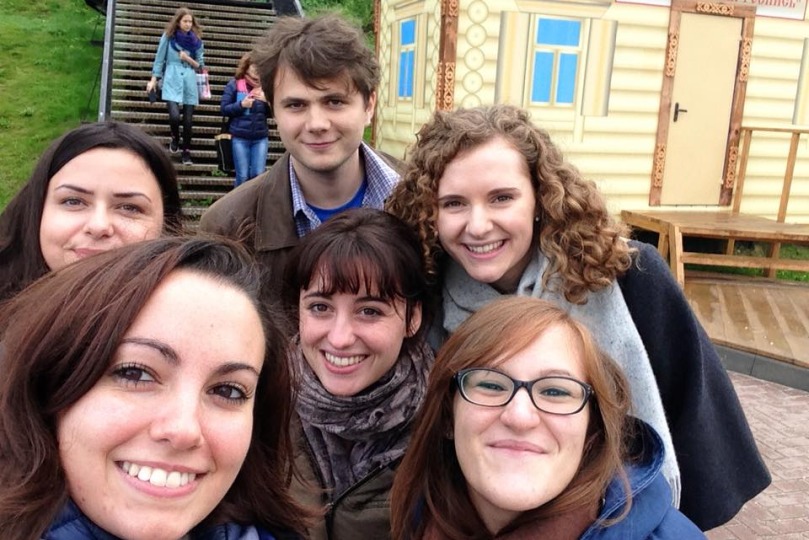Call for Applications for the Summer School ‘Understanding Russian Economy in the Context of Crisis’

On August 15-28, 2016, the third annual summer school ‘Understanding Russian Economy in the Context of Crisis’ will be held at HSE.
Students from leading universities in Germany, the Netherlands, Austria, Norway and CIS countries will take part in the event. Students from Russian universities are also welcome to participate.
This year, students from German universities are eligible to apply for a DAAD scholarship to cover the joining fee and living costs during the Summer school. There are 10 such scholarships available.
In addition to courses in economics, the participants will have the opportunity to attend lectures on intercultural communication and learn about the features of doing business in some of the city’s largest companies as well as getting the unique experience of studying and communicating with students from different countries.
The school programme includes five tracks:
- Russian Monetary Policy and Banking System
- Russian market transformation during the crisis
- Risks on financial market: Russian context
- Intercultural Communication: Russian attitudes and values
- Economics and Politics
Irina Khvostova, Senior Lecturer at the Department of Financial Management says: ‘The course ‘Russian Monetary Policy and Banking System’ is focused on Russian monetary policy, as its economy depends on external factors. A close relationship with external financial and commodity markets, on one hand, increases economic potential, but on the other, makes the economy vulnerable to external risks. The policy of the Central Bank in this case should act as ‘insurance’ for the economy, at least, we will show that its efficiency can have a significant impact on the economy.
We will analyse the policy of The Bank of Russia between 2008 and 2016 as a case study. I would like to note that this case is not only interesting and relevant for the participants as it applies to the real time economy of the whole country, but it also covers a wide range of problems typical for developing economies.
I think that the discussion of this topic will be especially interesting for participants of the international group, since similar problems in the monetary sector have emerged at various times in Europe and in CIS countries. We will compare the situations and discuss differences.’
Denis Fomenkov, Dean of the Faculty of Management, Associate Professor at the Department of Marketing, shared his expectations of the course ‘Russian market trasformation during the crisis’: ‘The current crisis has affected all market participants. Companies face serious limitations, including falling demand in the domestic market.
During the summer school we will analyze how companies can adapt to these new conditions, what strategies they are implementing in order to find new opportunities for economic growth, how consumer behavior has changed and how it is influencing companies. The topic may interest both Russian and international students, as the Russian market plays an important role in the strategies of most large companies, that is why it is so important to understand how it will change and how business should react to these changes. As for Russian students, the seminar will help them to understand the essence of these changes that will determine the most in-demand jobs in the long term.’
For further information please visit the website.
Irina Khvostova

